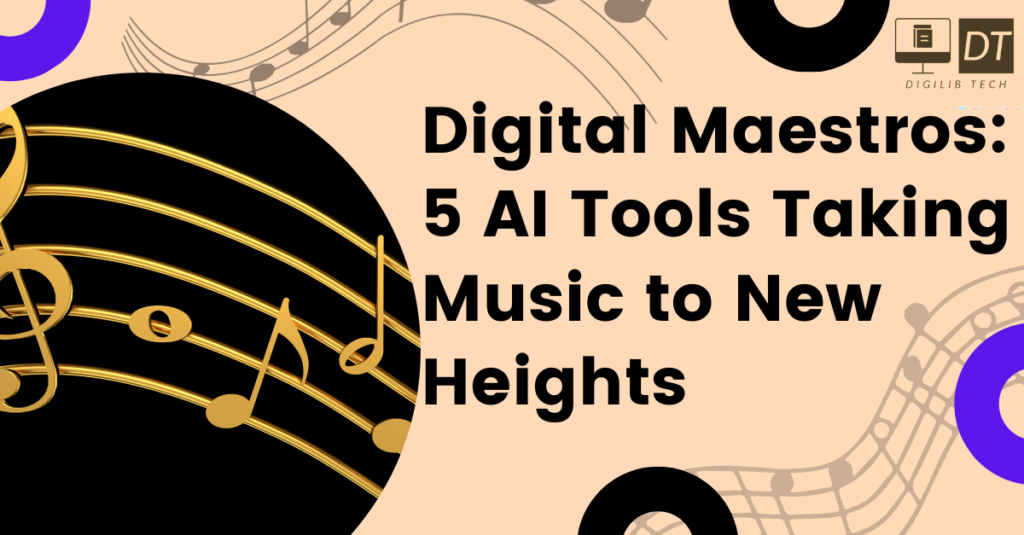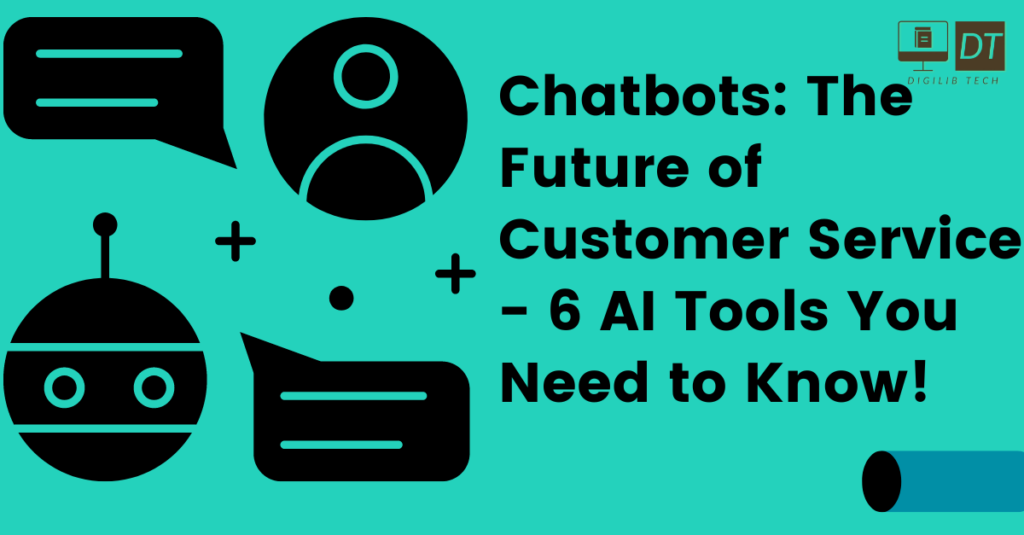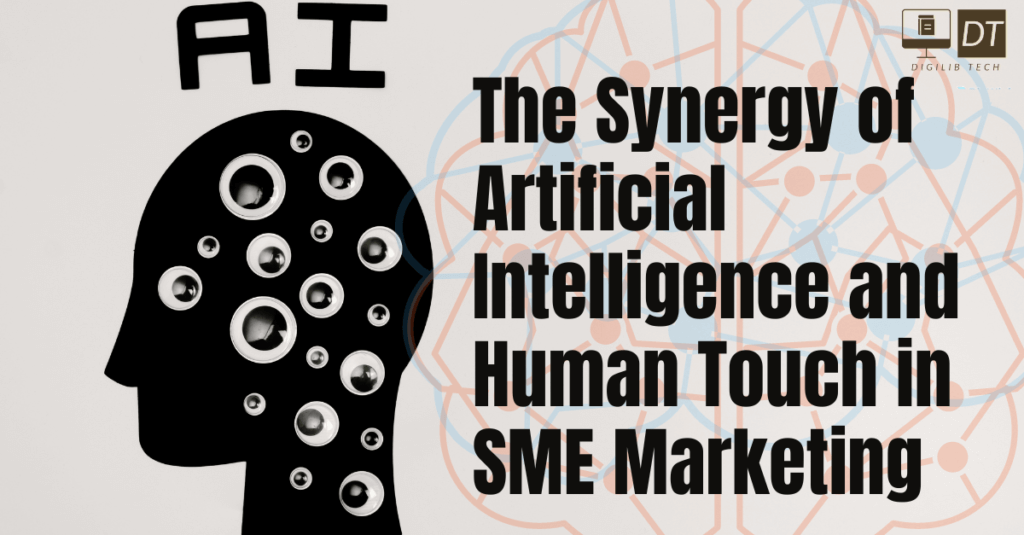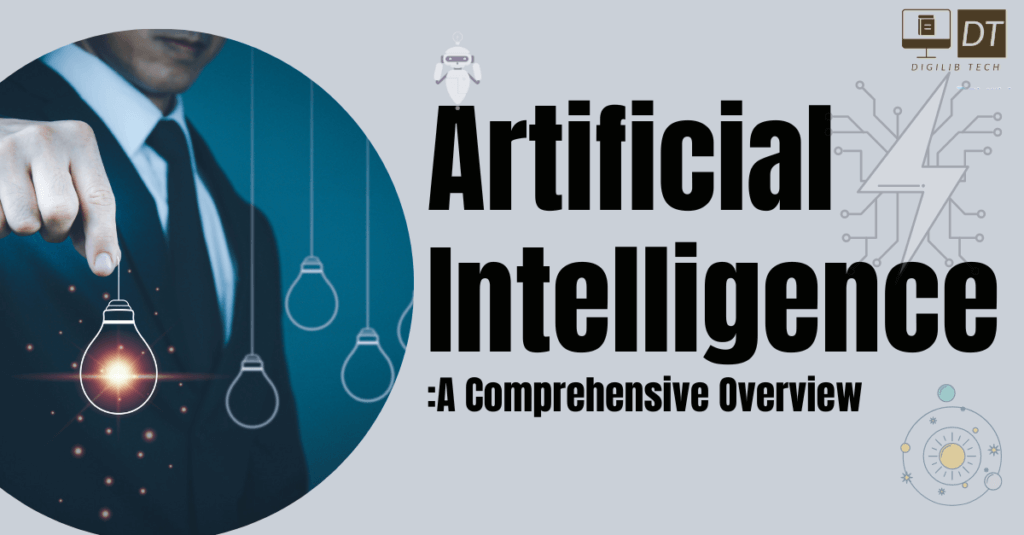What Is Differences Between Augmented Intelligence & Artificial Intelligence
What is artificial intelligence (AI)?
Artificial intelligence (AI) refers to the emulation of human intelligence processes using computer systems and machines. AI encompasses a broad spectrum of applications, which include expert systems, natural language processing, speech recognition, and machine vision. It essentially involves creating computer programs and systems that can perform tasks and make decisions that typically require human intelligence. AI has evolved significantly and has found diverse applications across various industries, revolutionizing how we interact with technology and data.
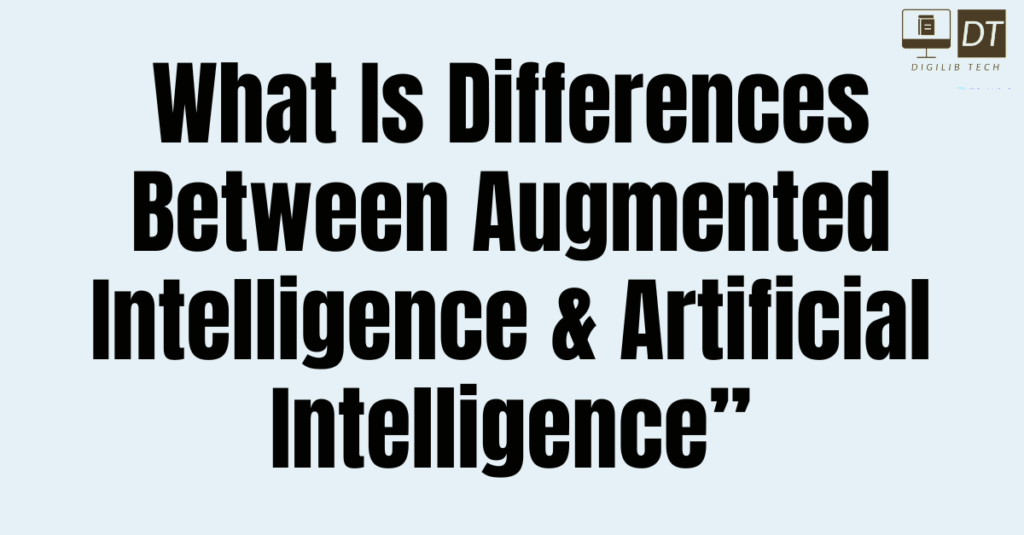
In the ever-evolving landscape of technology, the terminology surrounding artificial intelligence (AI) has raised concerns among industry experts. They argue that the term “artificial intelligence” has been heavily influenced by popular culture, leading to unrealistic expectations about AI’s transformative potential in both the workplace and everyday life. To address this issue, some experts propose adopting the term “augmented intelligence” to draw a clear distinction between autonomous AI systems and AI tools designed to enhance human capabilities.
What is Differences Between Augmented Intelligence & Artificial Intelligence ?
Augmented Intelligence: Enhancing Human Potential
Augmented intelligence, with its more neutral connotation, aims to help the public better comprehend the true nature of AI implementations. The core idea behind augmented intelligence is that most AI systems are not autonomous superintelligences, as portrayed in movies like Hal 9000 or The Terminator, but rather tools meant to support and empower humans.
Examples of augmented intelligence include automatically extracting vital insights from business intelligence reports, flagging critical information within legal documents, or even assisting medical professionals in diagnosing illnesses more accurately. The widespread adoption of AI technologies like ChatGPT and Bard in various industries underscores the growing acceptance of AI as a means to enhance human decision-making and productivity.
Artificial Intelligence: A Futuristic Vision
In contrast, the term “artificial intelligence” has historically been associated with the concept of Artificial General Intelligence (AGI). AGI represents the idea of achieving a technological singularity—a future in which an artificial superintelligence surpasses human cognitive abilities to an extent that our comprehension of it becomes limited. It’s important to note that, as of now, AGI remains firmly within the realm of science fiction.
Developers continue to explore the possibility of AGI, with some considering quantum computing as a potential avenue for realizing this ambitious vision. However, it is crucial to reserve the term “AI” for discussions related to AGI or general intelligence, given the fundamental distinction between the capabilities of today’s AI systems and the theoretical AGI of the future.
More:
What is artificial intelligence (AI)?
How Artificial Intelligence Functions?
What is Differences Between AI, Machine Learning, and Deep Learning?
What are the Advantages of Artificial Intelligence ?
What are the Disadvantages of Artificial Intelligence ?
What is Differences Between Strong AI vs Weak AI




